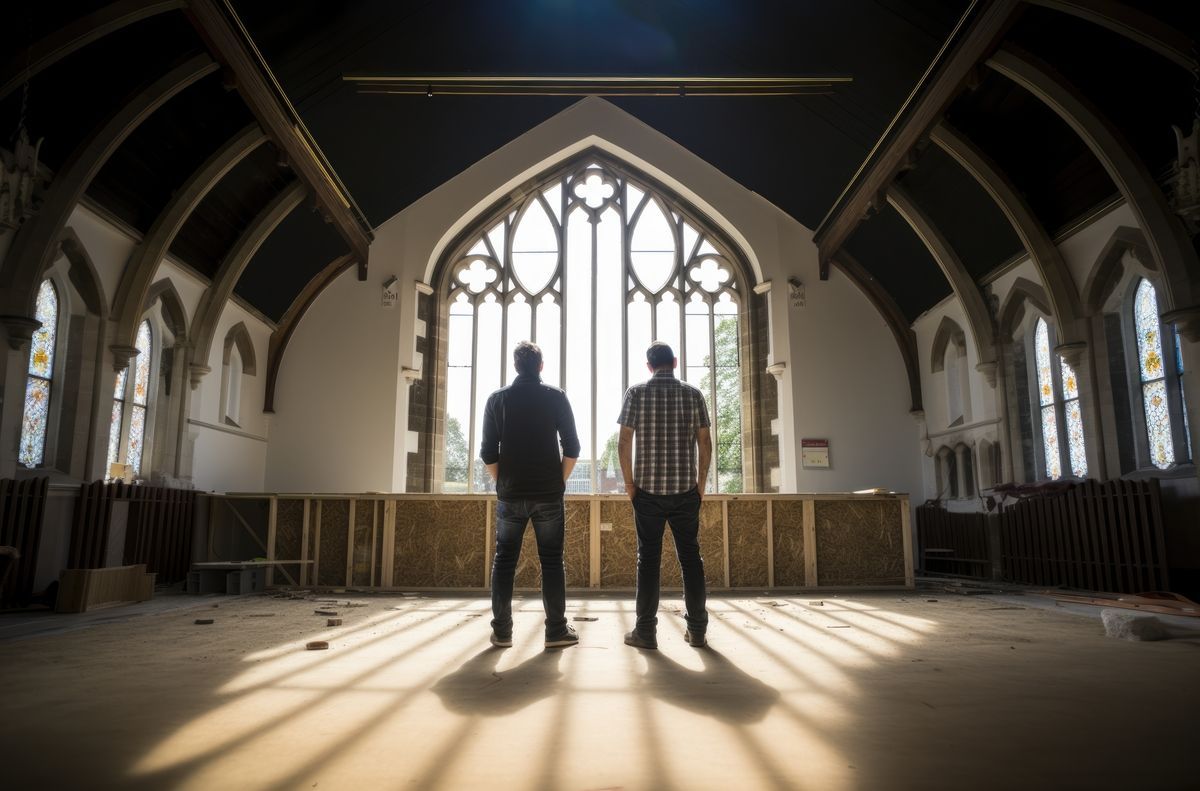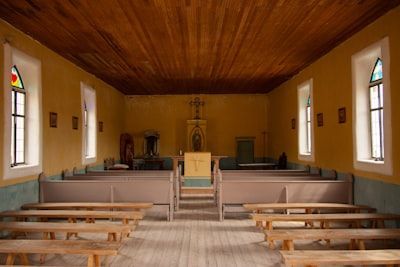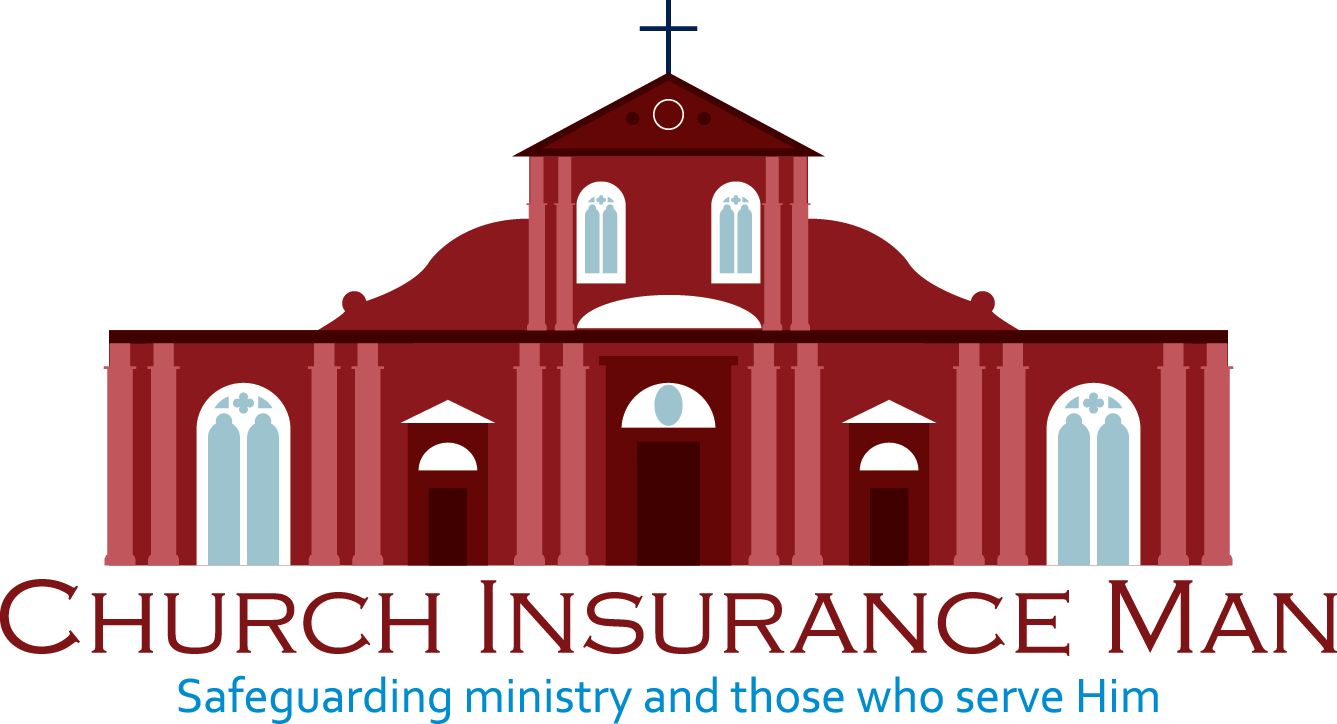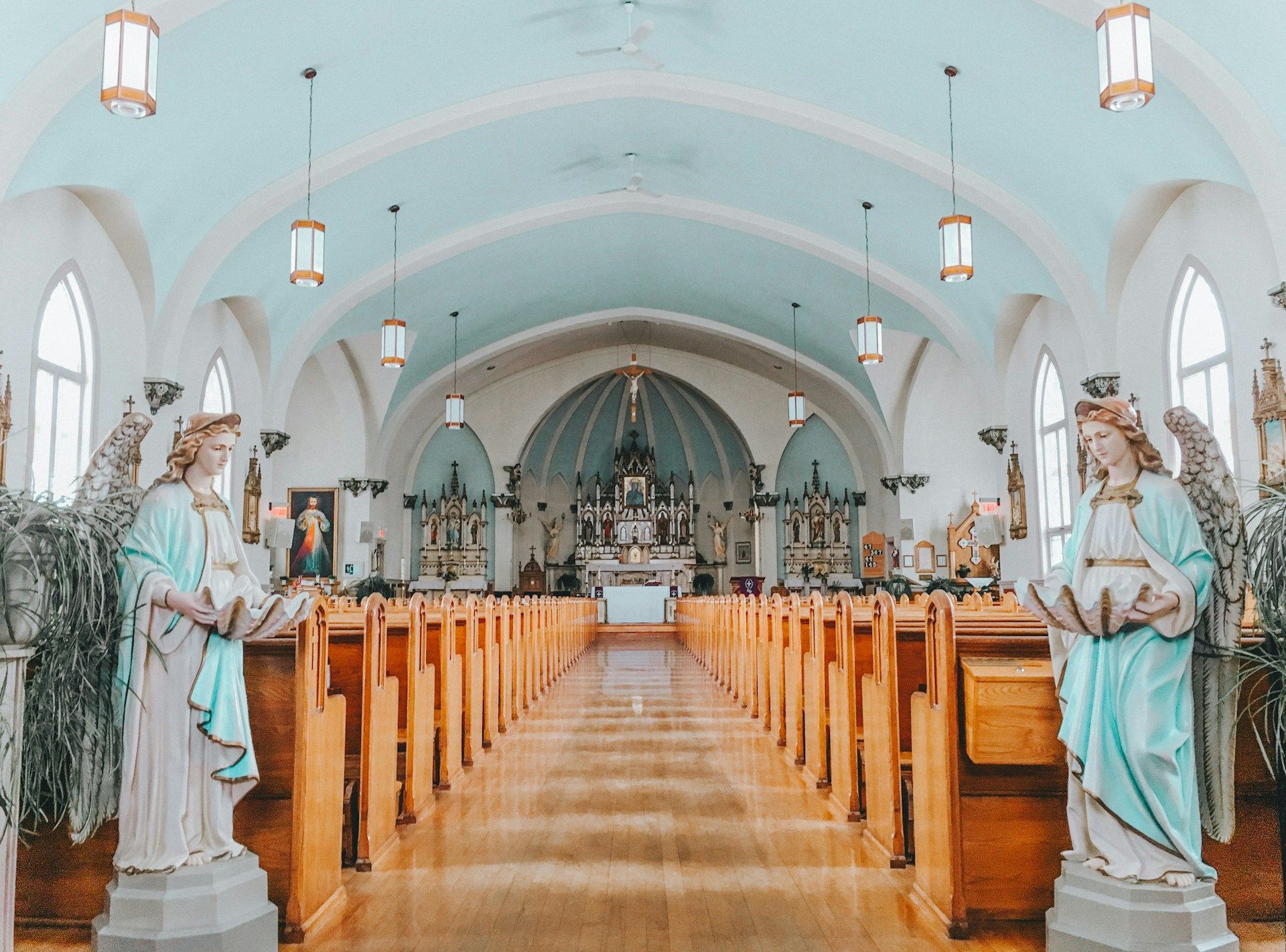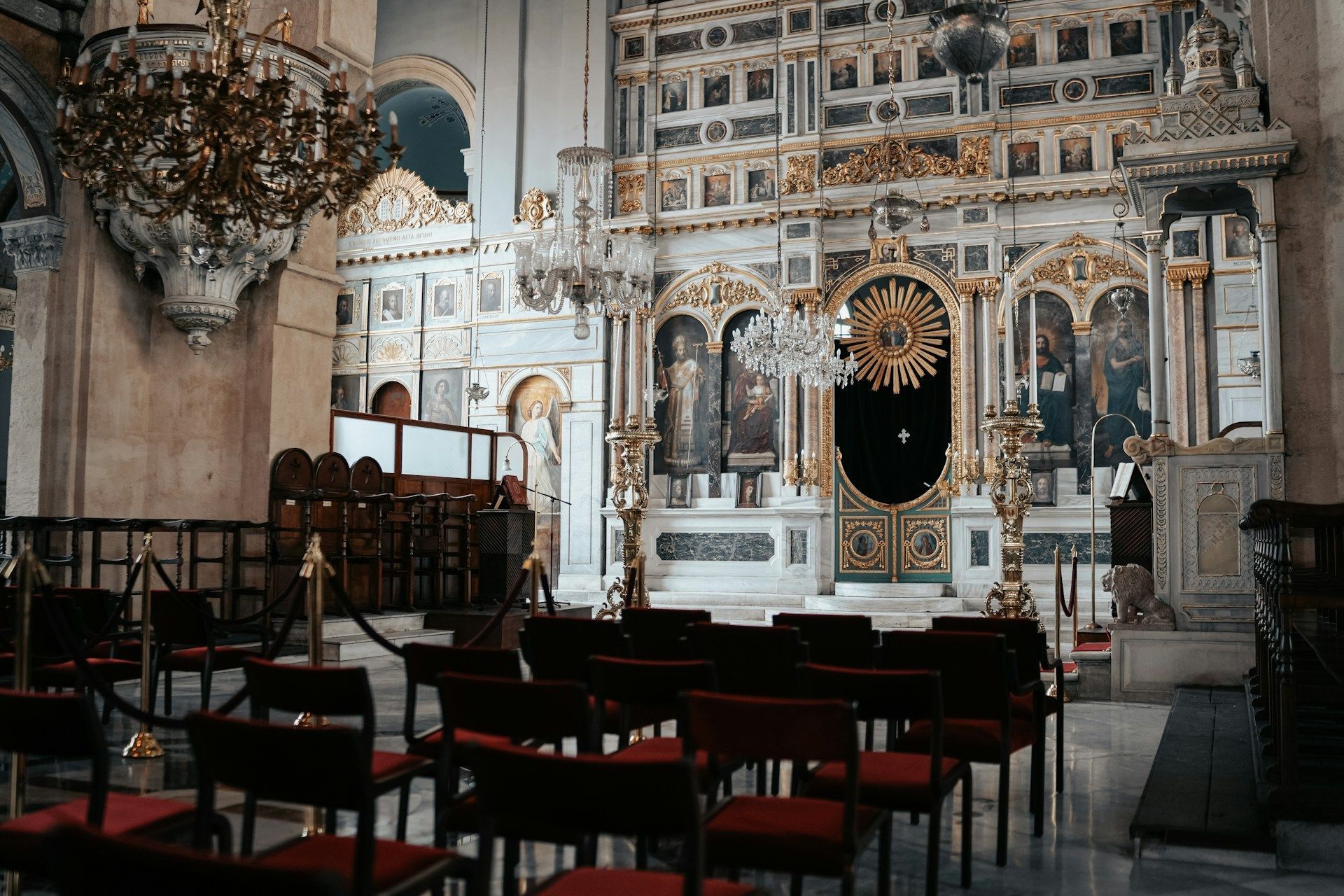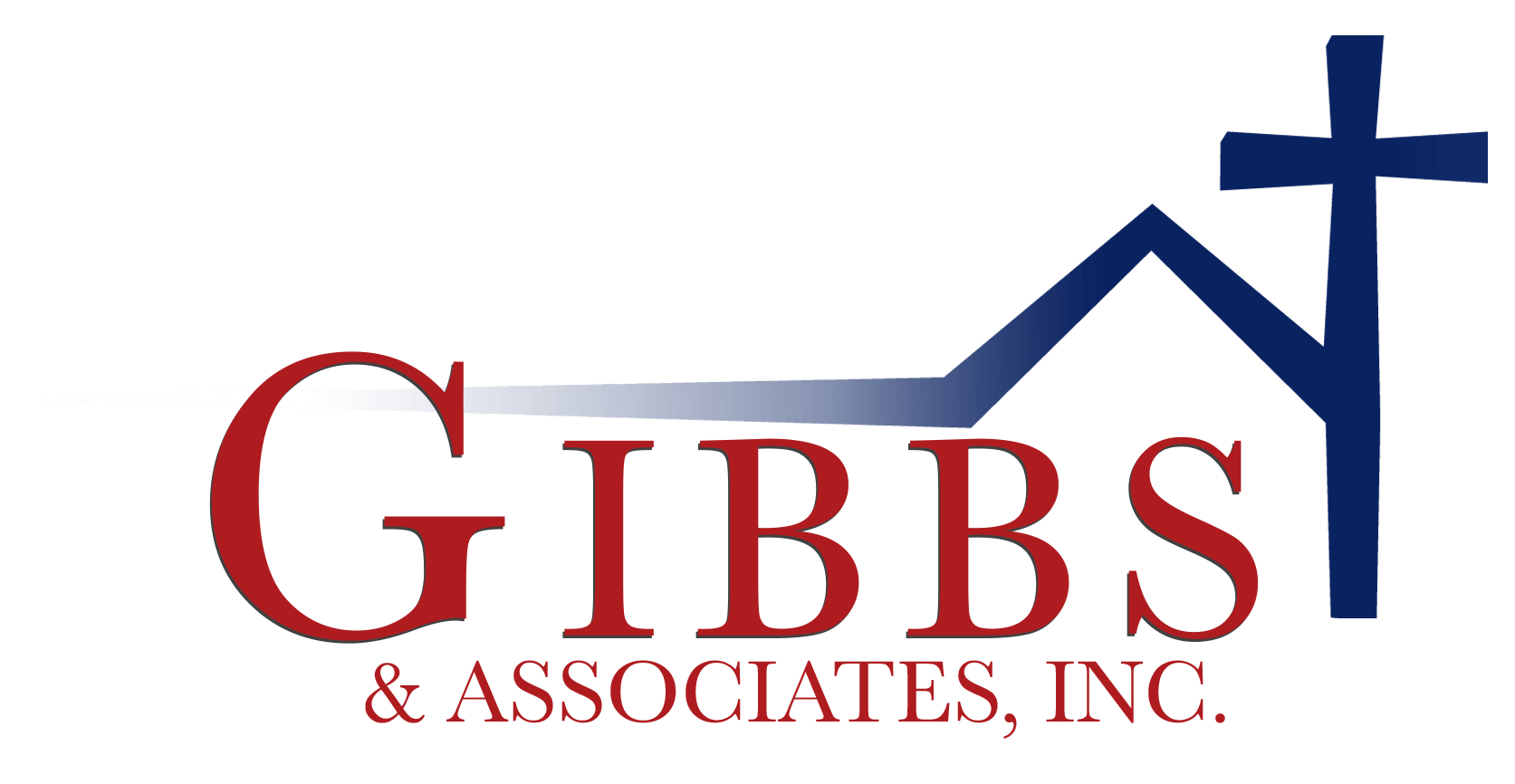Comprehensive Guide to Church Insurance: Coverage Types and Tips for Choosing the Best Policy
Coverage Types and Tips for Choosing the Best Policy
Religious institutions, like churches, need to be properly protected to ensure their longevity and the safety of their congregations. That's why it's essential for church leaders to understand the types of insurance available and choose the best coverage that meets their specific needs. This comprehensive guide to church insurance will cover various types of policies, provide guidance on selecting the right coverage, and help you navigate the complexities of the insurance world.
Regardless of the size of your congregation, churches face several risks that could lead to financial loss or liability. From property damage due to natural disasters or vandalism to potential legal disputes over employment practices or personal injuries sustained on the property, the right insurance policy can offer peace of mind and financial protection.
What are the Various Types of Church Insurance Policies?
To ensure adequate protection for your religious institution, it's essential to understand the different types of insurance policies available for churches. While there are several types of coverage to consider, we'll focus on four essential church insurance policies.
1. Property Insurance:
This coverage protects the church building and its contents, including furniture, equipment, and other valuables, against damage or loss caused by events like fire, natural disasters, theft, or vandalism. Additionally, it may cover the cost of repairing or replacing stained glass windows, valuable artwork, and other unique features that are integral to the church's identity.
2. General Liability Insurance:
This policy protects your church from financial loss in the event of third-party claims resulting from property damage or bodily injury related to church activities and operations. If a member of the congregation slips and falls during worship service or someone's car gets damaged in the parking lot during a church event, general liability insurance can cover the resulting legal fees and damage claims.
3. Workers' Compensation Insurance:
If your church employs staff members, it is important to have workers' compensation insurance in place. This policy covers medical expenses, lost wages, and disability benefits for employees who suffer work-related injuries or illnesses. It also protects the church from potential lawsuits filed by injured employees.
4. Directors and Officers Liability Insurance:
Churches often have boards made up of volunteer leaders, governing the church’s operations and finances. Directors and officers liability insurance protects these individuals from personal financial loss in case they face lawsuits stemming from decisions made in their official capacity.
Assessing Your Church's Insurance Needs
The needs of each church will vary depending on factors such as size, location, and the types of activities and events hosted. To determine the best insurance coverage for your church, it's crucial to assess the specific risks and liabilities your religious institution may face. Here are some key points to consider when evaluating your church's insurance needs:
- Location and Building Features:
Consider the geographic location and the age and structure of your church building. For instance, properties in areas prone to natural disasters like hurricanes or flooding may require additional coverage.
- Number of Employees:
The number of church staff will determine the importance of workers' compensation insurance. The more employees you have, the greater the risk of work-related injuries and illnesses.
- Congregation Size:
A larger congregation may increase the likelihood of accidents, injuries, or property damage claims related to church operations.
- Activities and Programs:
Unique church activities, such as mission trips or outreach programs, may require additional insurance coverage. Evaluate the programs your church offers and their potential risks.
Tips for Choosing the Right Church Insurance Coverage
Selecting the right insurance policies for your church requires diligence and proper research. Here are some tips to guide you through the process:
1. Shop Around:
To get the best rates and coverage options, compare quotes from multiple insurance providers. Seek out insurers with experience in insuring churches, as they will likely have better knowledge of the unique needs of your religious institution.
2. Customize Your Policy:
Insurance policies can often be tailored to the specific needs of your church. Don't be afraid to request custom policies that address your unique risk factors, such as protection for specific church events or additional coverage for rare and valuable items.
3. Evaluate Coverage Limits:
Take a closer look at the coverage limits within each policy, ensuring that they are sufficient to cover potential claims and damages that your church could face.
4. Reassess Your Insurance Needs Regularly:
As your church grows or changes, it's essential to reevaluate your insurance needs to ensure that you're adequately covered at all times.
Common Church Insurance Exclusions and Endorsements
When purchasing insurance for your church, be aware that policies often come with exclusions — specific situations where coverage will not be provided. Some common exclusions related to church insurance include sexual misconduct, intentional acts of physical harm or property damage, and exclusions for specific natural disasters.
To address these exclusions, ask your insurance provider about endorsements — policy add-ons that provide additional coverage for specific risks. For example, your church could add a "Sexual Misconduct Liability" endorsement to cover claims related to abuse or harassment.
Conclusion
Finding the right insurance coverage for your church may seem overwhelming initially, but understanding the various policies available and taking the time to assess your institution's unique needs will help you make an informed decision. By considering the tips mentioned above, shopping around for quotes, and consistently reassessing your insurance needs, you can protect your church and ensure its longevity for many generations to come. By reaching out to us at Church Insurance Man and allowing us to assist you in discovering the
best church insurance packages, you can be well on your way to getting the policies that you need!


